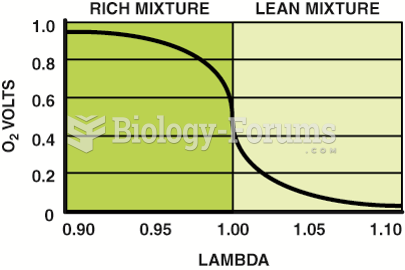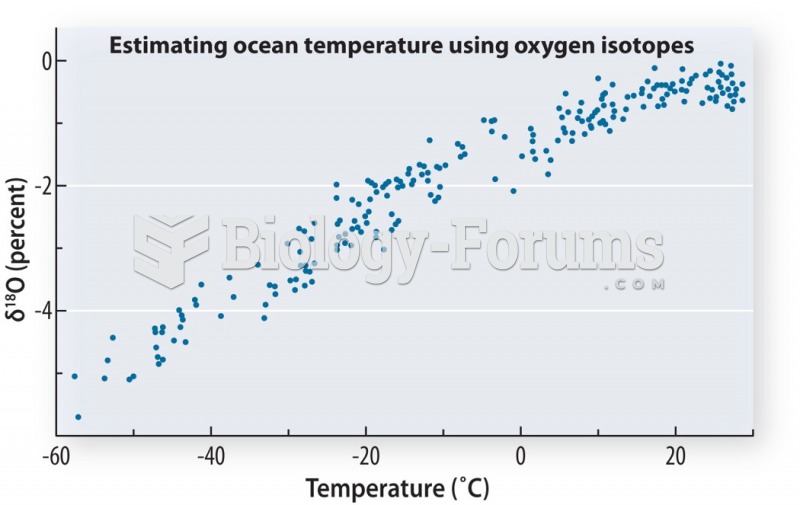|
|
|
Anesthesia awareness is a potentially disturbing adverse effect wherein patients who have been paralyzed with muscle relaxants may awaken. They may be aware of their surroundings but unable to communicate or move. Neurologic monitoring equipment that helps to more closely check the patient's anesthesia stages is now available to avoid the occurrence of anesthesia awareness.
Amphetamine poisoning can cause intravascular coagulation, circulatory collapse, rhabdomyolysis, ischemic colitis, acute psychosis, hyperthermia, respiratory distress syndrome, and pericarditis.
In 2012, nearly 24 milliion Americans, aged 12 and older, had abused an illicit drug, according to the National Institute on Drug Abuse (NIDA).
The B-complex vitamins and vitamin C are not stored in the body and must be replaced each day.
It is widely believed that giving a daily oral dose of aspirin to heart attack patients improves their chances of survival because the aspirin blocks the formation of new blood clots.
 The American Lion was one of the abundant Pleistocene megafauna, a wide variety of very large mammal
The American Lion was one of the abundant Pleistocene megafauna, a wide variety of very large mammal
 A conventional zirconia oxygen sensor can only reset to exhaust mixtures that are richer or leaner ...
A conventional zirconia oxygen sensor can only reset to exhaust mixtures that are richer or leaner ...





